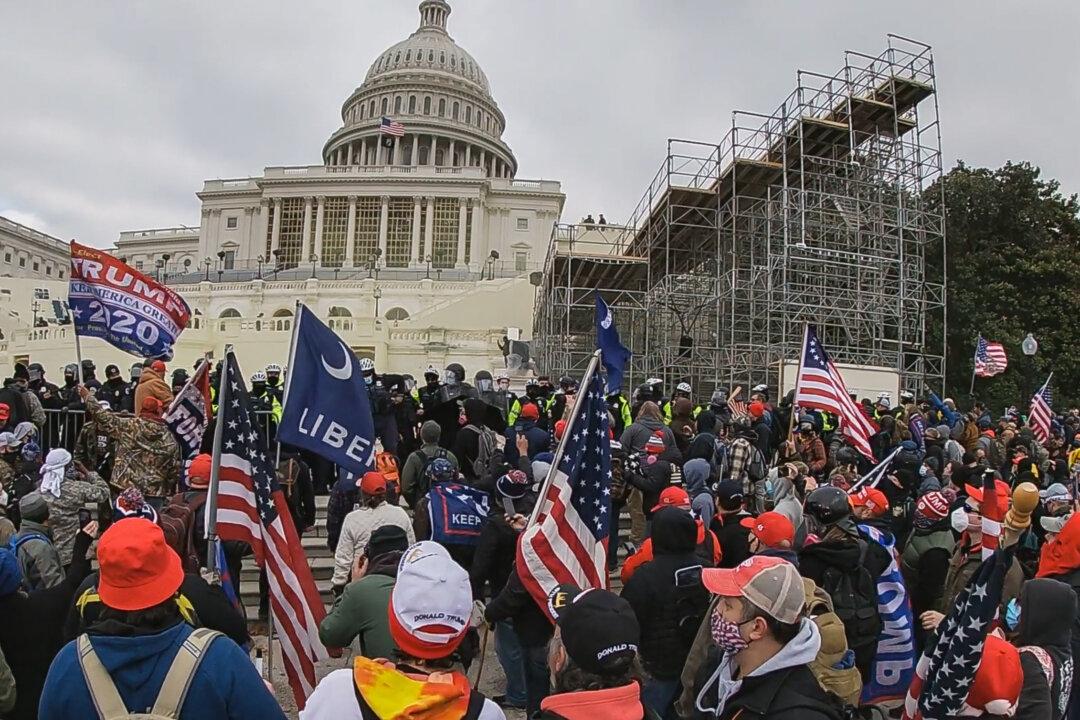Judicial Watch Inc. has filed an appeal against the FBI’s refusal to release documents related to customer banking data provided to the bureau as part of “what appears to be an unprecedented abuse of the financial privacy of thousands of Americans.”
As part of a Freedom of Information Act (FOIA) lawsuit against the U.S. Department of Justice, Judicial Watch had been seeking “all records of communication” between the FBI and financial institutions, that include Bank of America, Chase Manhattan Bank, Discover, American Express, and others.





